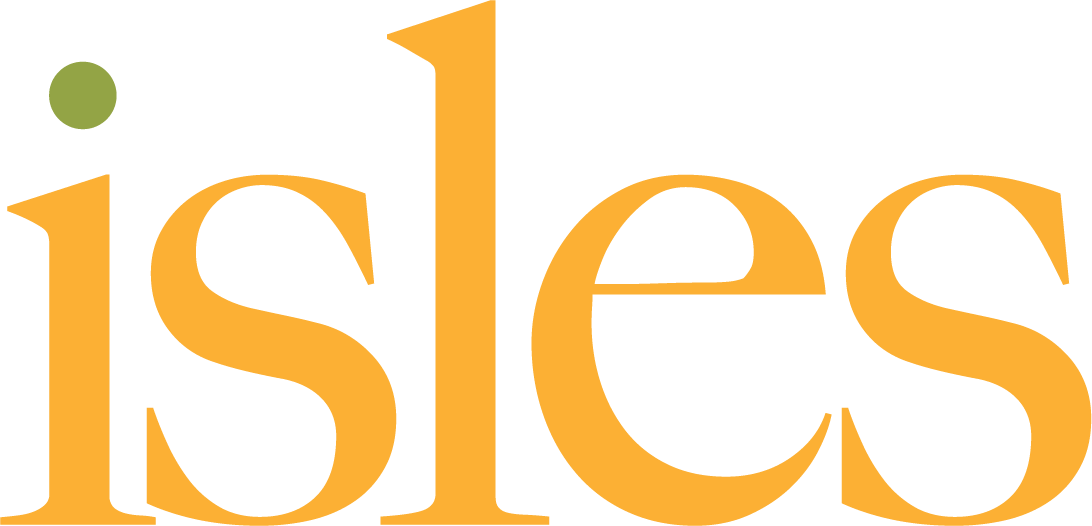|
For 5 years, I’ve been half-time at Isles, and half-time faculty, teaching Social Entrepreneurship, and sharing Isles’ lessons with Princeton students – next generation leaders. In my absence, COO John Hart provided essential leadership. We maintained audacious goals, and I’m proud of what we’ve achieved.
So after 38 years, I’ve decided to step down as Isles’ CEO at year’s end.
Just writing that sentence is a bit overwhelming. In April of 1981, we were students at Princeton, driving to Trenton to incorporate Isles. Uncertain of what we set in motion with our dreams and first-year budget of $10,000, who could have imagined 38 years later? What an honor to build this organization alongside so many friends and allies.
I look back with pride over the long arc of Isles’ evolution. I am literally writing our history now, highlighting Isles’ founding, milestones, lessons, and key people who made it possible. Over nearly four decades, the challenges have been awesome, but the benefits far greater!
I’ve grown up with Isles. I met my wife Liz at Isles, and we worked together for 20 of those 38 years. We helped build a “village” that in turn, benefited us and our sons – a true labor of love. My Isles colleagues are family, amazingly capable and committed to self-reliance and community health. Isles’ Board, led by Chair Linda Revelle, strongly supports our unique vision and team.
Founder transitions bring unique challenges. The best examples are well-planned, transparent, and extended. After I step down as CEO January 1, I intend to continue part time in an “outward-facing” role at Isles, assisting my successor as needed. So this is not yet goodbye! The Trustee Search Committee is coordinating the extensive search for our next CEO.
To support this transition, the board has decided to establish an Isles 2020 Fund, to be a part of my legacy. This board-restricted Fund will support our ongoing work during and after the transition. As you can imagine, the need for your support is greater than ever! To learn more, contact me or Director of Development, Patricia Walker, at 609.341.4734.
In a way, Isles is my 4th child. Like a parent, I’m learning to let go. But I hope you will lean in, now, to ensure that Isles continues to grow and innovate by strengthening people and places.
We’re planning a fun “Legacy Celebration” event on November 16 (click here for more information.) I hope you can join us!
Until then, accept my deepest thanks for your friendship, support and good will. We couldn’t have built this organization, career, and family, without you.
|
|
In community,
Marty Johnson
Founder and President
|

 Foster self-reliant families and healthy sustainable communities
Foster self-reliant families and healthy sustainable communities